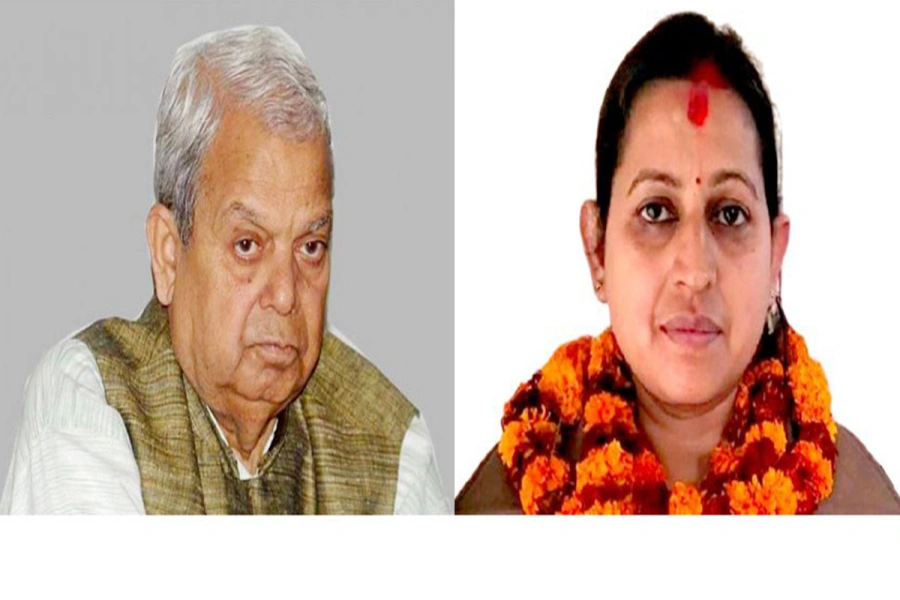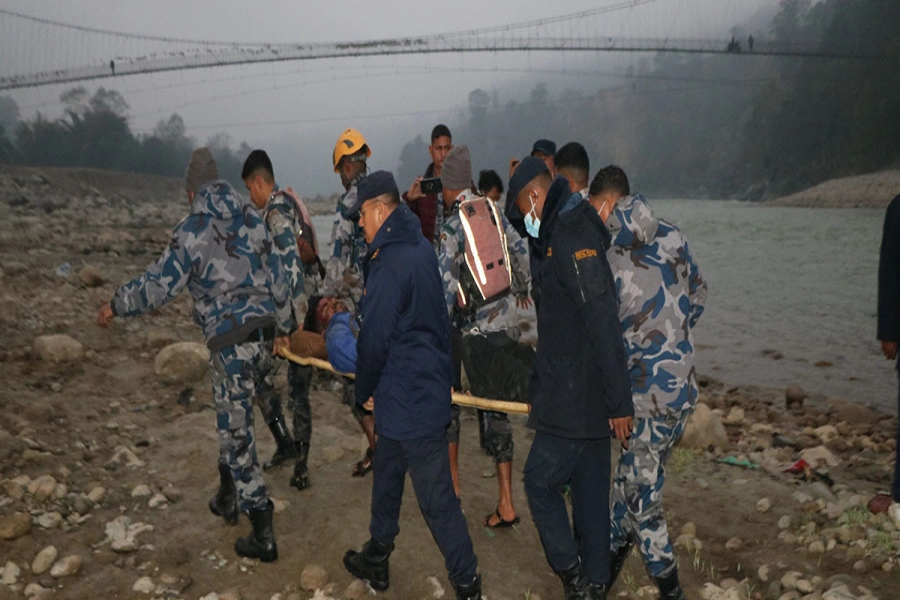Why just smaller fishes like Basnet or for that matter only security personnel? Why not Pushpa Kamal Dahal, Baburam Bhattarai and the likes that initiated the insurgency in the first place? Shouldn’t the people that initiated insurgency, and under whose watch, the Maoists cadres mercilessly butchered innocent civilians be held accountable for their crimes? Personally, I have not seen any human rights activists calling for prosecution of Dahal, Bhattarai and the likes for human rights abuses in public. Am I the one that missed Nepali human rights activists’ call for comprehensive justice or is it them who are in a secret mission of poaching soft targets? Looking at what human rights groups in Nepal are engaged in, it becomes clear that they are driven by political agendas. When it comes to deciding who to go after, they are clearly not merely seeking judicial justice. It is profoundly political.
Human rights abusers have to be punished irrespective of who they are and what their position is in the society. It is not only the state, more specifically, the Nepali Army, which is responsible for the past human rights abuses in Nepal. What about the human rights abuses committed by the then CPN (Maoist)? The Maoists that killed journalists Birendra Sah and Dikendra Thapa are still untouched and human rights activists do not seem to be very enthusiastic in making sure that their children have faith in human rights defenders when they grow up. The daughters of Armed Police Force Chief Late Krishna Mohan Shrestha are still waiting for justice to be served. By now, the children of Brigadier General Sagar Bahadur Pandey, who along with his wife was killed by the landmine set up by the Maoists’ in 2003, must have given up their hope of seeing the killers of their parents being punished. It is not only the security personnel but also civil servants that were butchered by the Maoists during the insurgency. The Maoists insurgents that killed Chief District Officer Damodar Pant in Jumla in 2002 are yet to be brought to justice. In many instances, not only the people that were performing their duties, but their family members, too, were targeted. In 2005, the Maoists wiped out an entire family of a policeman, including three women in the family and a one-year old child, at Attariya in Kailali district. Why aren’t the human rights activists talking about the rights of a child that was fourteen years younger than Sunar?
In a poor country like Nepal, where an individual’s future potential is contingent upon the endowment his or her family possesses and where endowment determines entitlements, shouldn’t the Maoists that wiped out these kids’ income-generating parents be held responsible for destroying their future potential? Strangely, the human rights community seems to have no compassion for the loss suffered by the people whose loved ones were killed serving the nation. These people were there not because they wanted to fight the insurgents that wanted to bring down the state on their own. They were there because the state wanted them to be there and defend the state. The human rights community might not have realized this but by keeping silent on the plight of the family members of all fallen heroes, they are demoralizing thousands of servicemen that genuinely want to contribute towards peace, stability and security of the nation.
By cherry-picking the selected cases involving security personnel and remaining silent on the atrocities committed by the Maoists, human rights activists in Nepal are making it easier for the government, which is increasingly tilting towards the right to accuse them of being “leftist delinquents.” If these right groups do not correct their ways, they will be increasingly seen and treated as enemies instead of allies in the advancement of human rights. The governments in poor developing countries do not human rights groups seriously because these groups themselves time and again show that they have political agendas. It is high time that the human rights groups in Nepal analyze both their actions and inactions and the far-reaching consequences of both. Protecting human rights requires much more than appearing on television, writing opinion pieces, and putting out statements.
Basic human rights that human rights activists in Nepal are claiming to be fighting for are supposed to be about justice. Where is justice when the people who initiated the insurgency that turned a peaceful nation into a killing field are let off the hook and the ones that were forced to defend the state are selectively picked for prosecution? For human rights activists to be credible, respected and effective, they should be pushing for the prosecution of all those who violated human rights precepts. Justice is only justice if it is consistent. If justice is selective, it is injustice!
hbdulal@gmail.com
Local govt officials urged to be selective in foreign trips
_20230205122050.jpg)





































